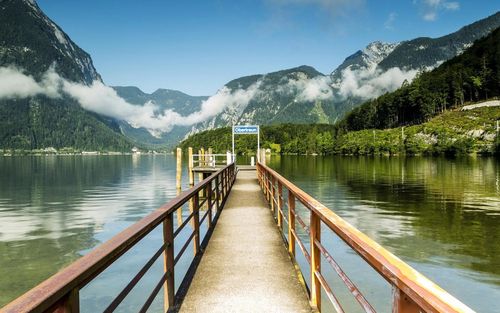As the world becomes more modernized and technology-driven, traditional ways of life are facing immense challenges. People’s lifestyles have changed with urbanization, and rural and indigenous communities’ traditions are at risk of being abandoned. These traditional ways of life embrace sets of skills, languages, knowledge, rituals, and arts that have developed over time, passed down from one generation to the next.
One of the significant challenges to maintaining traditional ways of life is the loss of land and natural resources. The land often holds cultural significance and is directly linked to the indigenous people’s identity and their spiritual beliefs. However, with mining, logging, and urbanization, the land is being destroyed, and because it is where indigenous people hunt, gather, and farm, their traditional way of life is being disrupted.
Another challenge is the pressure of globalization and homogenization of cultures. The advanced technologies and communication channels have made it easy for people to connect with other cultures and quickly adopt their lifestyles. With the availability of modern goods and services, traditional goods and services are replaced, and the skills, language, knowledge, and art are gradually fading away.
Moreover, the erosion of traditional languages is becoming a major issue in maintaining traditional ways of life. Native languages carry a lot of information and stories about the culture, and when they disappear, the culture’s foundation is weakened.
In addition, the younger generation’s disinterest in traditional lifestyles is a significant threat. Most of the youth are growing up in urban areas, exposed to western lifestyles, and have no interest in learning traditional practices. As a result, they are not passing the knowledge of their cultural heritage to the next generation, resulting in loss of the history and the cultural identity of their community.
The government has a role to play in revitalizing and maintaining traditional ways of life. By creating policies that preserve natural resources and culture, preserving traditional languages, promoting cultural education, and offering incentives for a return to traditional lifestyles, the government can protect the heritage and diversity of all cultures.
In conclusion, traditional ways of life are facing significant challenges amidst urbanization, globalization, and cultural erosion. It is important to preserve the heritage of communities to maintain cultural diversity, and governments can raise awareness and offer incentives to ensure that traditional cultures remain alive.
(Note: Do you have knowledge or insights to share? Unlock new opportunities and expand your reach by joining our authors team. Click Registration to join us and share your expertise with our readers.)
Speech tips:
Please note that any statements involving politics will not be approved.
